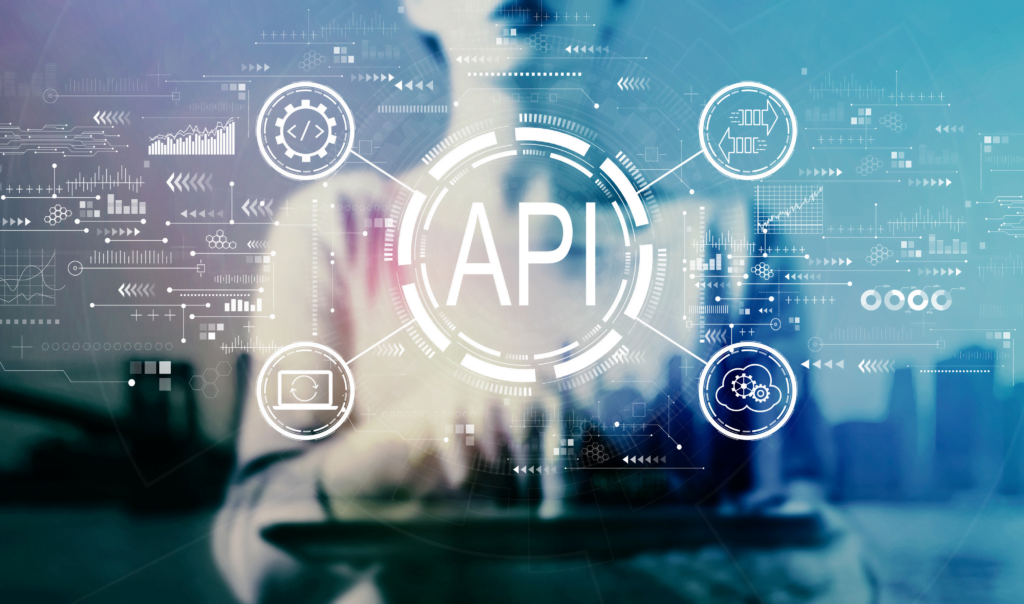API, or “Application Programming Interface”, is a set of rules and protocols that allow different programs and systems to communicate with each other.
Think of an API as a translator between two applications; it enables them to ‘talk’ to each other and exchange information smoothly.
Without APIs, we would not be able to connect different services and applications to create the efficient and integrated solutions we have today.
What is an API?
An API is basically a bridge between two systems.
It defines the methods and data formats used to interact with another software.
APIs can be geared towards enabling easy data sharing, creating new services or facilitating automation of processes between different systems.
What is meant by open and closed API?
When talking about APIs, there are two main categories: open APIs (also called public) and closed APIs (also called private).
An open API is available to the public and can be used by anyone to build applications that integrate with a service or platform.
This is common in technology companies like Google and Twitter that want to enable innovation and growth by allowing other developers to build on their ecosystem.
On the other hand, a closed API is only available for internal use within a company or organization.
Closed APIs are used to secure sensitive information and limit access to only trusted applications or users.
Why invest in integration platforms?
Investing in integration platforms that support APIs is a strategic move for businesses looking to achieve a higher level of efficiency and innovation.
Integration platforms can help connect disparate systems and applications in a seamless way, reducing the need for manual handling and making data more accessible and usable.
A strong integration platform can improve workflows, reduce costs, and even create new business opportunities by leveraging data in new and innovative ways.

What are the benefits of API integration?
API integrations offer several benefits to businesses:
Automation of processes: By integrating systems via API, repetitive and manual tasks can be automated, freeing up time for employees to focus on more valuable tasks.
Increased efficiency and productivity: Automation and real-time data sharing allow businesses to act faster and more efficiently, which in turn increases productivity.
Scalability and flexibility: API integrations allow companies to easily add or change applications and services without having to restructure the entire system.
Improved user experience: When systems are integrated and work seamlessly together, the user experience is improved through faster response times and unified access to data.
What is API integration?
API integration is about connecting different systems and applications via their API
to enable the sharing of data and functions.
This can include everything from linking a CRM system with a email marketing tools till to enable direct payments via a third-party payment service.
API integrations are used in almost every industry and are a crucial part of digital transformation.
API integration as a key to digital success
API integrations are a cornerstone of today’s digital ecosystem.
They enable businesses to harness the power of different technologies by connecting systems and applications in a seamless and efficient way.
Understanding and investing in API solutions and integration platforms can give companies a competitive advantage by optimizing workflows, reducing costs and creating new business opportunities.







